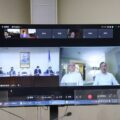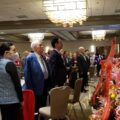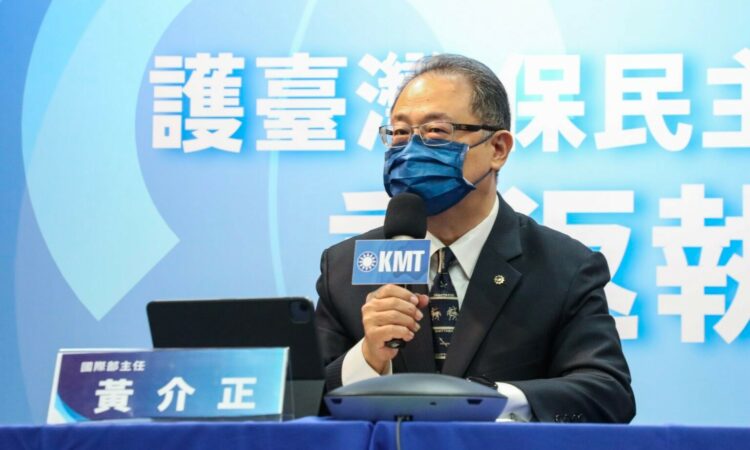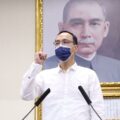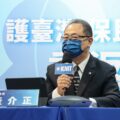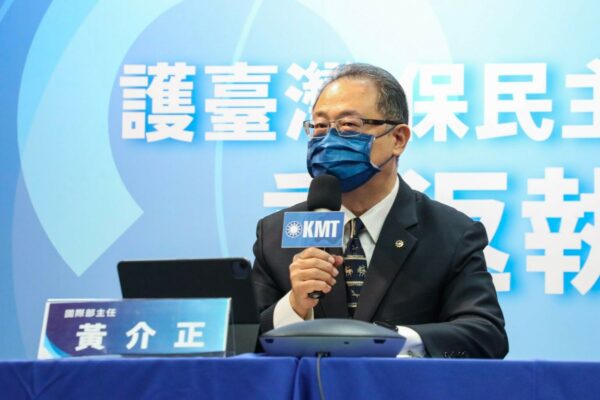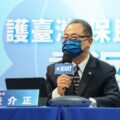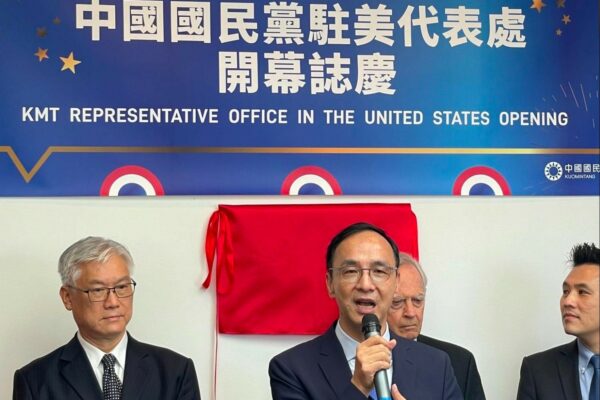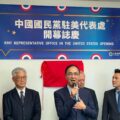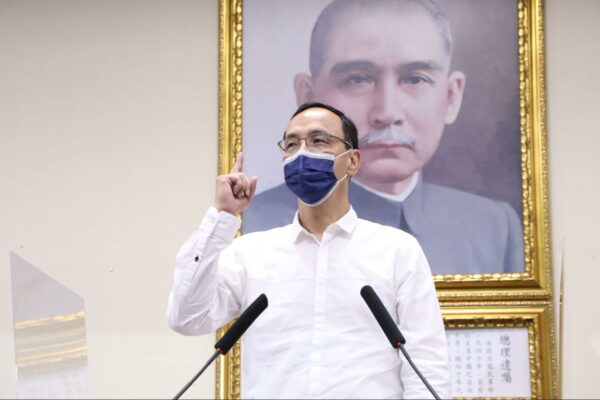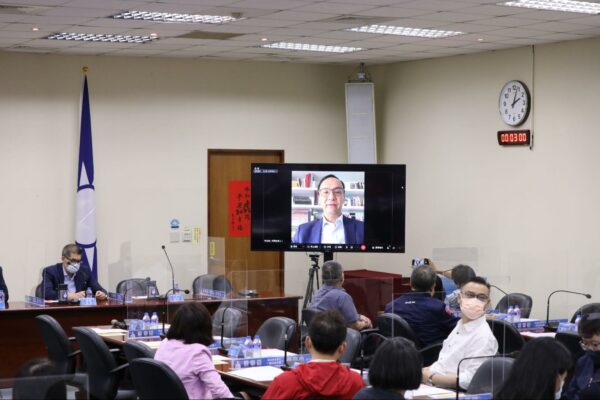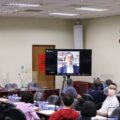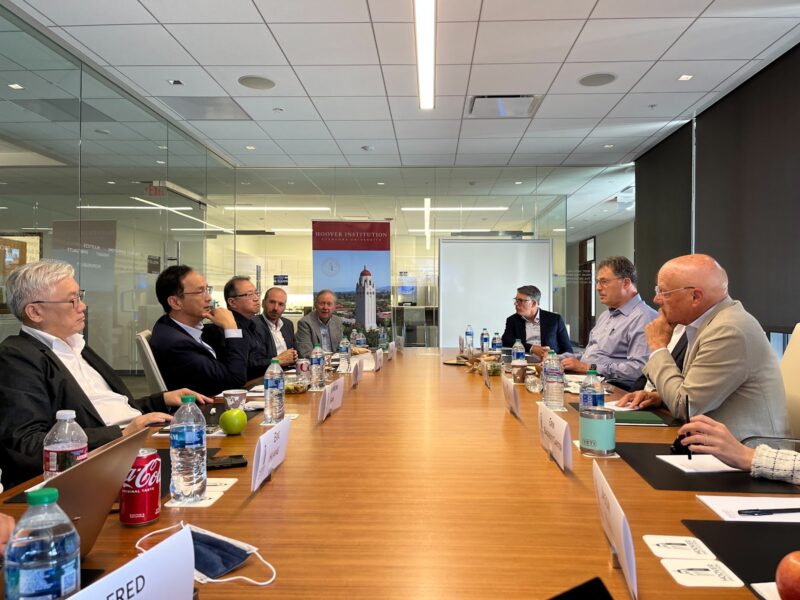
KMT Chairman Eric Chu visited the Hoover Institution at Stanford University on June 2 during his trip to the United States. He exchanged views with scholars and experts from various fields, including Larry Diamond and Kharis Templeman, on issues such as security in the Taiwan Strait, cross-strait relations and world dynamics in the wake of the epidemic.
During the dialogue with the American scholars, they raised their concerns about the local elections at the end of the year. Eric Chu said that the KMT not only has more than two-thirds of the ruling power in local counties and cities, but also put forward outstanding candidates to challenge the DPP ruling counties and cities, and is optimistic about the election situation at the end of the year.
From the perspective of Taiwan’s democratic elections, the participants also discussed the current situation of democracy in Asia. Chairman Chu mentioned that the presidential elections in South Korea and the Philippines both had surprising results this year. The people of South Korea chose a conservative party to govern and prepare for the further reintroduction of nuclear energy, and the Philippines elected the heir of a political family in anticipation of economic development. It shows that public opinion changes constantly and that the candidate factor is also very important. The development of democracy in neighboring countries may also affect Taiwan’s elections to some extent.
When asked by scholars how to portray the role played by the KMT, Chu emphasized that the KMT is a pro-American party with close ties to the United States, both in terms of its historical values and its memories of fighting side by side in reality. For more than a century, the KMT have been fighting against communism and competing with the Chinese Communist Party for values and systems. At the same time, we’re still willing to maintain communication with the people of mainland China. No matter what kind of threats we face, the KMT always puts the defense of the Republic of China and Taiwan as our first priority, and that’s why we’re confident to say that it’s capable of playing the role of a stabilizing force in the pursuit of peace in the Taiwan Strait.
Some of the scholars at the meeting also asked questions, hoping that Chairman Chu and the delegation could give them some advice as researchers on the Taiwan issue. He responded that his visit to the United States is intended to expand communication with the U.S. community through the reopening of the KMR Representative Office in the United States. In this way, the voice of Taiwan as a whole can be presented more completely, without being monopolized by a few people or a specific party. He also expects that such a move will provide a more balanced perspective for researchers of the Taiwan issue.
